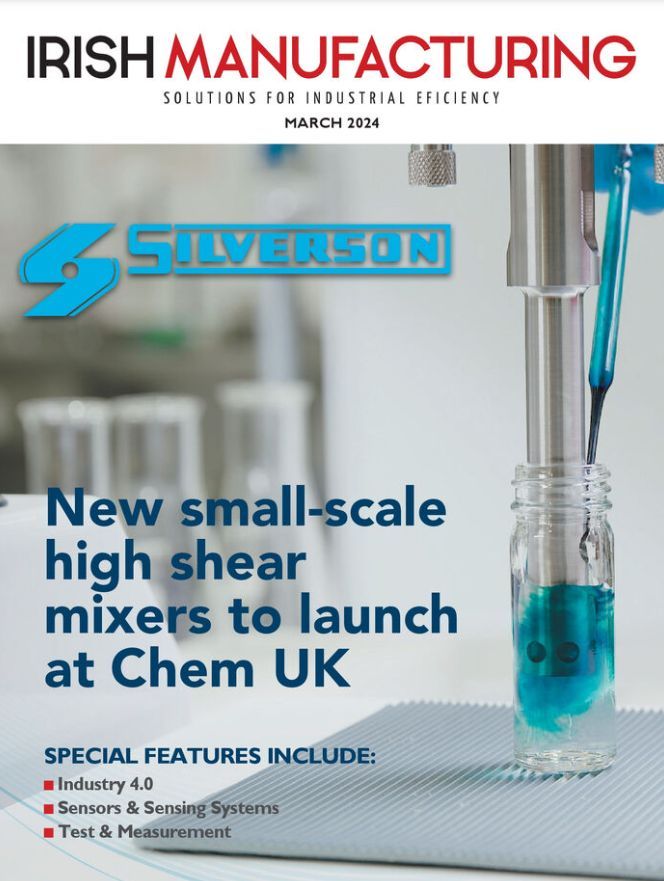The UK would experience significantly higher return rates in a shorter space of time if the UK adopted a variable rate deposit return scheme (DRS). That’s the key finding from the Aluminium Packaging Recycling Organisation (Alupro), which has today (27 January) launched an extensive report assessing the impact of a flat and variable fee.
Developed in partnership with independent think-tank London Economics, alongside experts from across the UK packaging sector, the document analyses the environmental and economic implications of implementing a flat rate versus a variable rate deposit fee.
Aiming to tackle plastic pollution, increase recycling rates, improve recyclate quality and minimise litter, England, Wales and Northern Ireland’s long-awaited DRS is expected to come into force in 2023. The scheme will see a deposit value added to the price of a beverage product in store, which will be refunded to the customer when empty packaging is returned to a designated collection point.
While a variable rate fee would see containers allocated with a deposit value based on container size, a flat rate model would apply a fixed fee to all beverage containers. This unsophisticated approach could see customers charged an additional £4.80 for a 24-can multipack (on top of product purchase price) compared to just 80p for a 2 litre plastic bottle.
During the first two years of operation, Alupro’s research shows that return rates for all containers would be >10 per cent higher under a variable rate scheme than a flat fee. What’s more, from year three onwards, a variable rate scheme would achieve a consistent return rate approaching 90 per cent across all materials, compared to rates of between 30-99 per cent under a flat rate scheme.
By achieving significantly higher return rates in the first few years, a variable rate would result in higher revenues for the scheme administrator and thus much lower costs for producers.
Rick Hindley, executive director at Alupro, commented: “While we are fully supportive of a well-designed DRS, research surrounding best practice design is limited. Our report aims to fill the gap and provide extensive modelling into the real-world implications of differing deposit fee options.
“While some may think that a flat rate deposit fee would be easier to implement, this isn’t necessarily the case. What’s more, it would result in much lower collection rates in the first two years, alongside considerably higher costs for producers.
“Our concern is that simplicity will override sustainability in senior-level decision making. As such, we are imploring the government to take our statistics and modelling into close consideration when discussing the design of the UK’s DRS.”
To find out more about Alupro, or for more information about the environmental benefits of aluminium packaging, visit www.alupro.org.uk. To download a copy of the report, visit https://alupro.org.uk/sustainability/.


